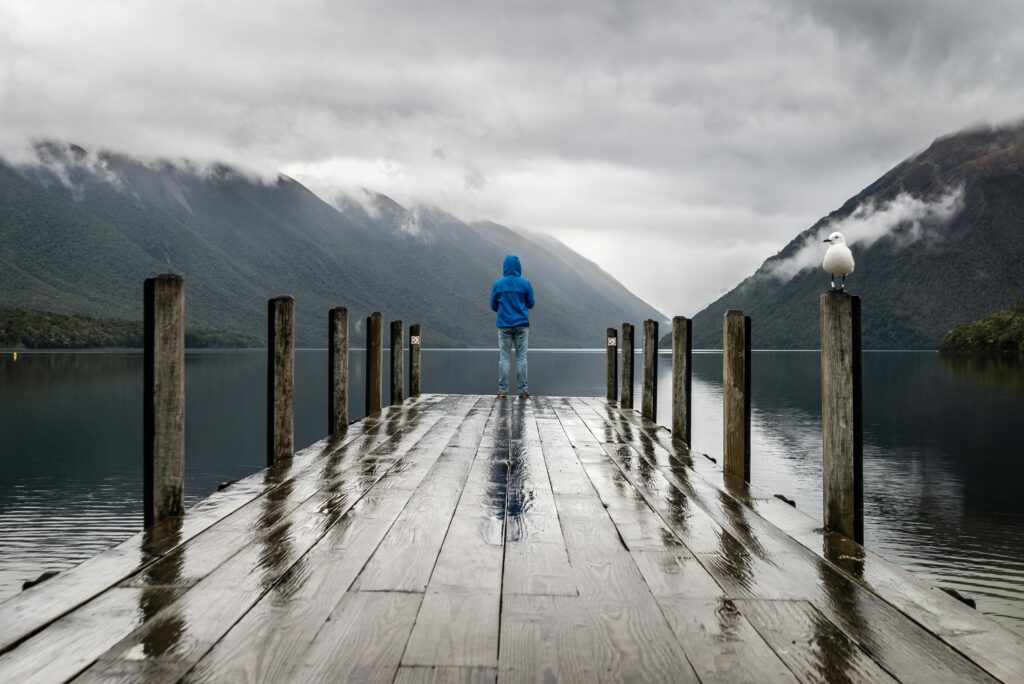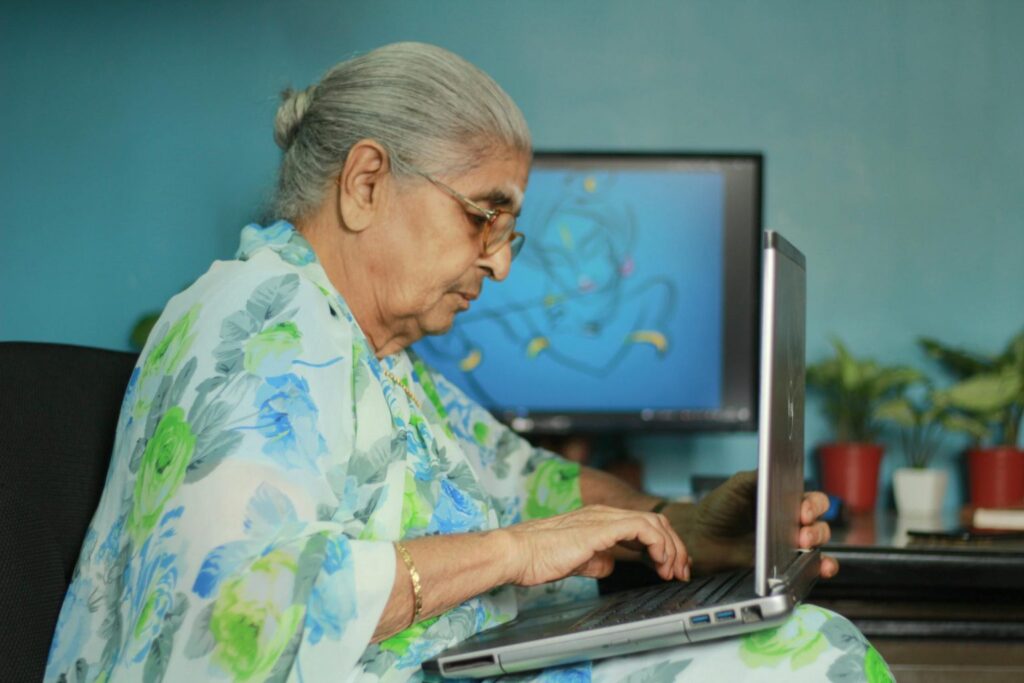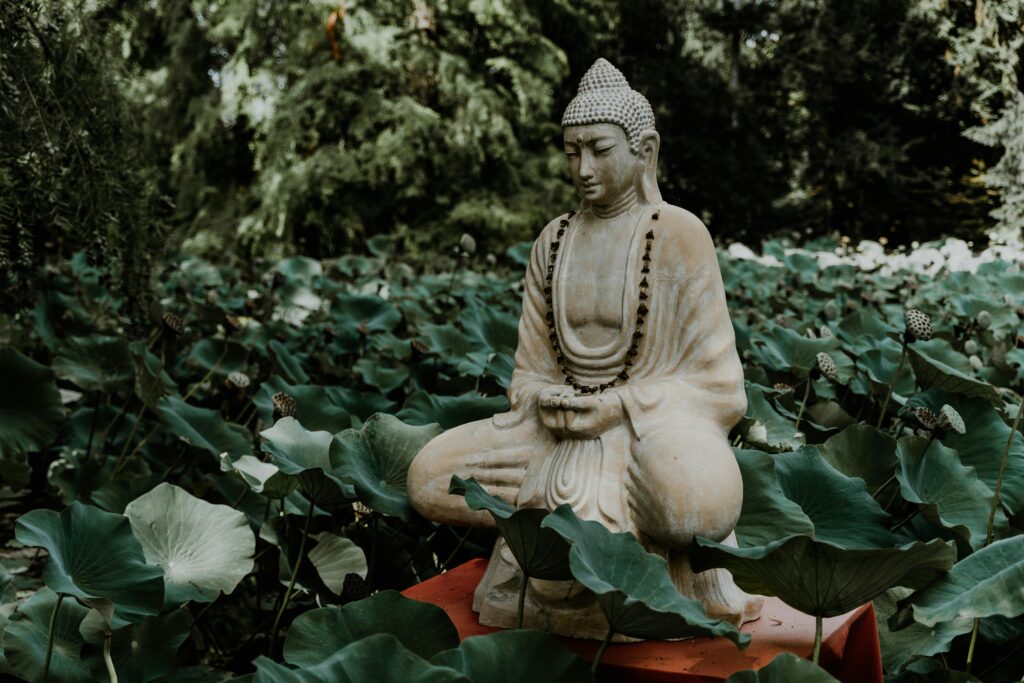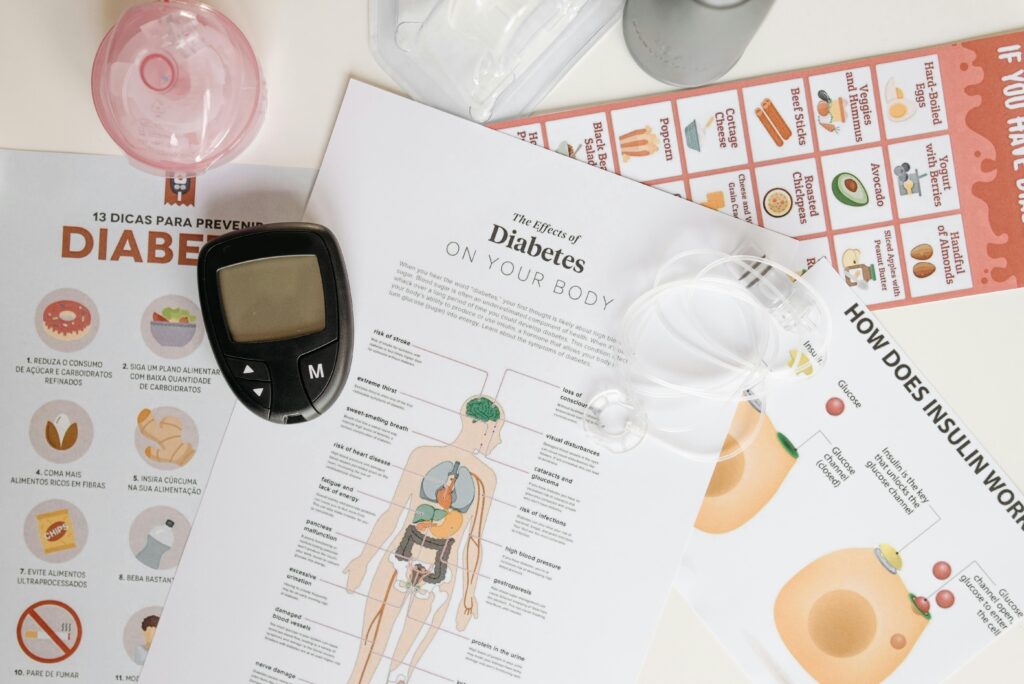The monsoon season brings cool winds, cloudy skies, and the sound of falling rain. But for many older adults, it also brings something else—loneliness, low energy, and mood swings.
This feeling is often called the “monsoon blues.” It’s real. The gloomy weather, lack of sunlight, and being stuck indoors can affect mental health, especially in older people who already face isolation.
Let’s look at how we can support elders and help them feel connected, cheerful, and cared for during the rainy season.
Why Monsoon Affects Elderly Mental Health
Older adults often deal with limited mobility, fewer social interactions, and health concerns. During monsoon:
- It becomes harder to go for walks or meet others.
- Visits from friends or family reduce.
- Dampness and darkness affect mood and sleep.
- Joint pain and seasonal sickness increase.
All this can lead to:
- Feeling low or sad
- Irritability or restlessness
- Anxiety or boredom
- Loneliness or a sense of being forgotten
These changes may seem small but can deeply affect their well-being.
1. Keep Them Connected with Family and Friends
Make sure elders don’t feel cut off. Small efforts can go a long way:
- Schedule regular video calls with grandchildren or relatives.
- Invite neighbours or friends for a quick tea (even if indoors).
- Help them join a local senior group or club that meets online.
A warm voice, a familiar face, and simple conversation can lift their mood.
2. Encourage Gentle Indoor Activities
Being active boosts mood. During rainy days, suggest:
- Listening to music from their younger days
- Light stretches or yoga at home
- Gardening on a balcony or near windows
- Knitting, puzzles, or board games
- Organizing old photo albums and telling stories
Purposeful activity gives them energy and a reason to smile.
3. Create a Warm and Cheerful Environment
Dull surroundings can make people feel worse. Help brighten their space:
- Open windows for fresh air
- Use warm lights instead of dim ones
- Play devotional or calming music
- Keep cosy blankets, socks, and dry slippers handy
- Add indoor plants, colourful cushions, or flowers
A well-lit, dry, and cheerful room makes a big difference.
4. Watch for Changes in Mood or Behaviour
If your elderly parent or loved one:
- Sleeps more than usual
- Eats less
- Becomes unusually quiet or irritated
- Expresses hopelessness
… don’t ignore it.
These may be signs of seasonal depression or deeper emotional distress. A kind chat, a visit from a doctor, or counselling may help.
5. Let Them Feel Heard and Valued
Sometimes, elders just want someone to listen. You don’t need fancy answers. Just:
- Sit beside them
- Ask about their day
- Let them share memories, joys, and worries
Feeling heard makes them feel human again. It reminds them that they still matter.
6. Boost Their Mood with Comforting Food
Warm, healthy meals can improve mood. Make sure their diet includes:
- Soups and hot drinks
- Home-cooked, easy-to-digest meals
- Fresh fruits and nuts
- Herbal teas with tulsi, ginger, or cardamom
Avoid heavy, oily foods that can upset the stomach and lower energy.
7. Involve Them in Simple Daily Routines
Don’t isolate elders from day-to-day life. Instead:
- Let them help with simple chores
- Ask them for advice while cooking
- Involve them in planning a family activity
They feel happier when they are included, not just cared for.
8. Get Medical Help When Needed
Mood swings, tiredness, or lack of interest may also be related to health conditions like:
- Low vitamin D (due to lack of sunlight)
- Thyroid imbalance
- Sleep disorders
- Chronic pain or medication side effects
If symptoms persist, book a doctor home visit or take them for a check-up. Treating the cause brings relief.
Like What You Read?
If you found this blog helpful, please like and share it with others caring for older adults.
💬 Have your parents or grandparents experienced the monsoon blues?
Tell us how you helped them—drop your story in the comments!
Let’s keep our elders smiling, even when it’s raining outside.
Follow us for more warm, practical tips on eldercare every season.





